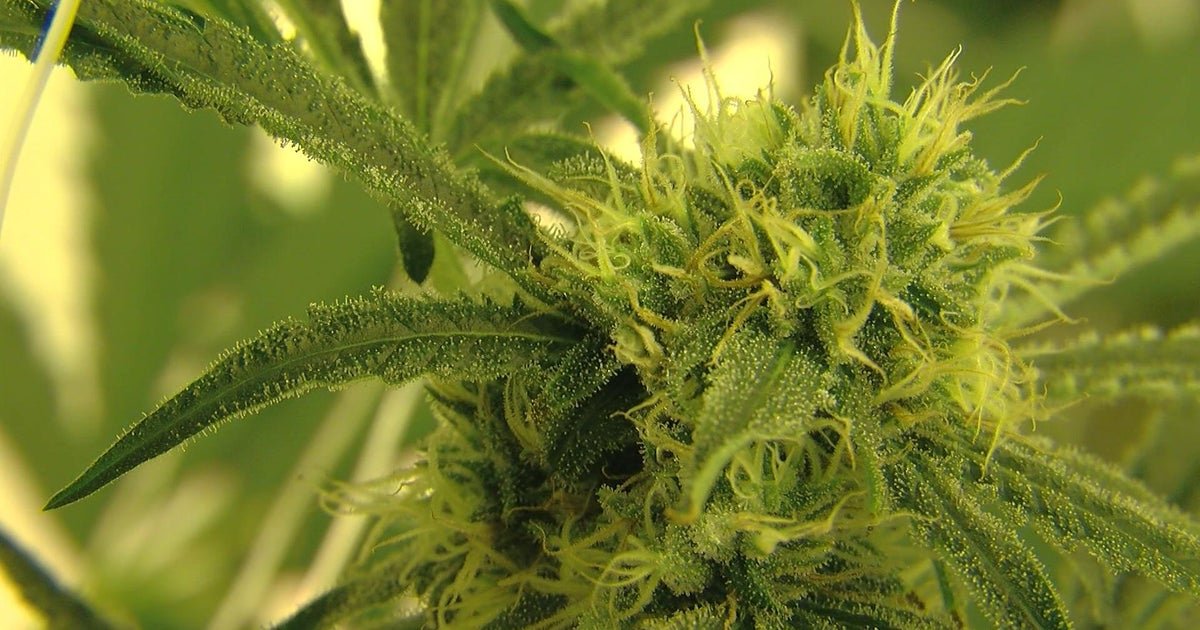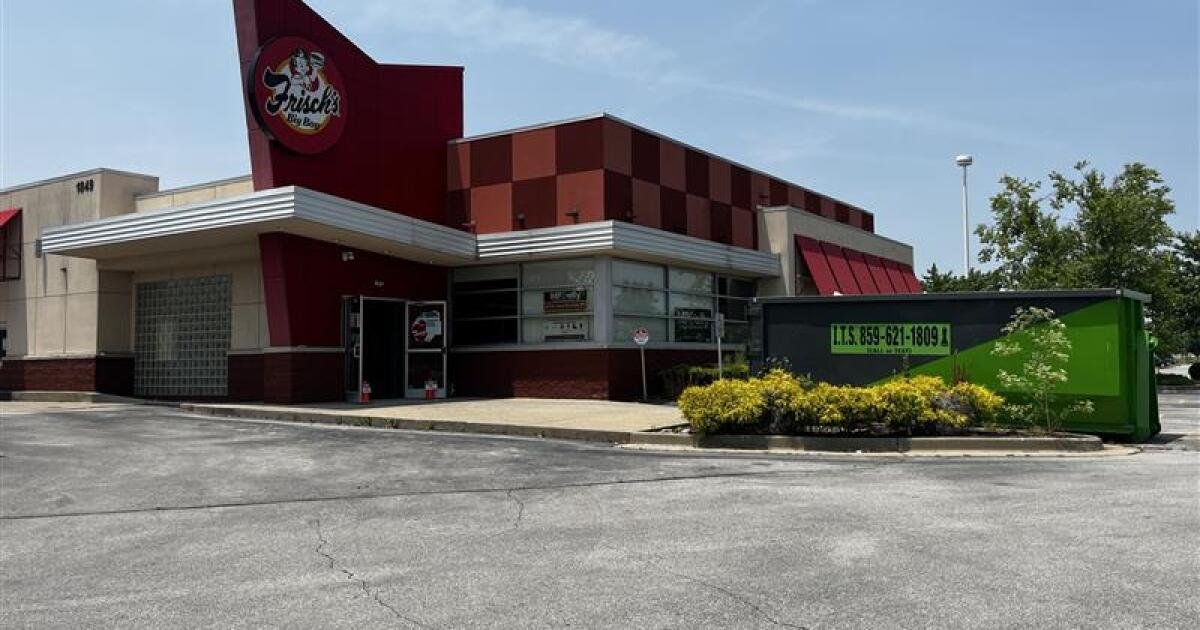A new cannabis cultivation operation in Prairie Island marks Minnesota’s closest facility to the Twin Cities. The Dakota tribe is taking pride in this venture, named Island Pezi, as they implement best practices in cannabis cultivation to enhance their business.
Thirteen acres of tribal land are dedicated to various facilities for growing cannabis. The indoor cultivation area includes flower rooms and a nursery. Yadel Mulugeta explained that the nursery is where the “moms and babies all thrive and grow up,” referring to the mother plants used for cloning and propagation.
The clones will spend 10 to 14 days rooting in domes before being transferred to pots, where they will mature in the flower room. Mulugeta highlighted their use of vertical growing techniques to optimize space, stating that their first flower room contains “about 570 some off plants” across three levels and five racks.
The Dakota tribe is committed to sustainable practices, avoiding chemical pesticides and sprays. Instead, they rely on quality water and soil, emphasizing responsible stewardship of the land. Blake Johnson noted that “every aspect of the plant is used,” either to enrich the soil or to create various products for sale, such as edibles and smokable cannabis.
The goal for Island Pezi is to produce over 10,000 pounds of cannabis. Neil Hultgren mentioned they are excited to introduce innovative products to the state market, including options like Nerd-covered gummies and healthier alternatives such as vegan, sugar-free gummies.
As Minnesota continues its journey with cannabis legalization, Prairie Island stands out as one of the few tribal communities actively participating in the industry. While other tribes face licensing delays, Prairie Island has established a business that includes products from both tribal and non-tribal sources, offering consumers a wide variety of choices.
Growing a cannabis plant typically takes 90 to 100 days. Prairie Island features eight outdoor grow rooms alongside its indoor facilities, and the cultivation center has already employed over 50 local residents, contributing to the community’s economic growth.




